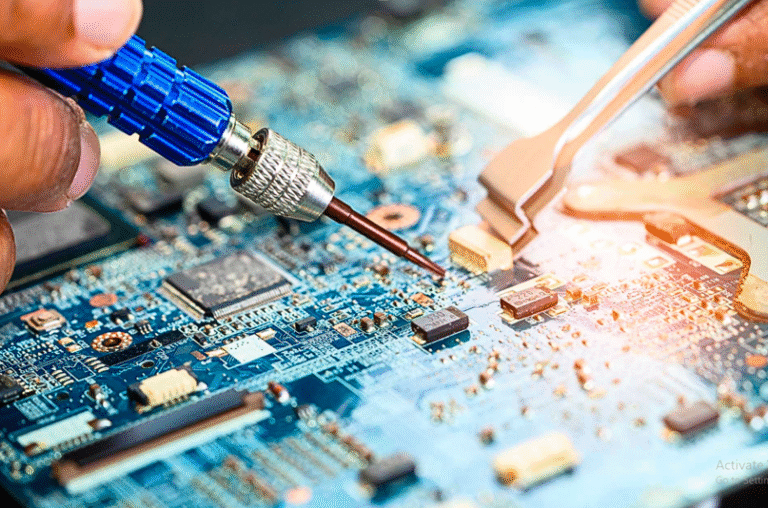How Artificial Intelligence Is Shaping the Future of Work
Artificial Intelligence is increasingly influencing the workplace landscape. Organizations are adopting AI to enhance efficiency and innovation. This shift is transforming job roles, requiring new skills and competencies. As automation takes over repetitive tasks, employees can concentrate on strategic initiatives. However, the rise of AI also raises ethical concerns, including bias and privacy. Understanding these dynamics is crucial as the future of work unfolds in an AI-driven environment. What challenges and opportunities lie ahead?
The Rise of AI in the Workplace
As organizations increasingly embrace technological advancements, the rise of artificial intelligence (AI) in the workplace has become a defining trend of the 21st century.
AI integration facilitates enhanced efficiency and decision-making processes, prompting significant workforce adaptation. Employees are encouraged to cultivate new skills and embrace innovative tools, ultimately fostering a work environment where human creativity and machine intelligence coexist harmoniously.
This integration promotes greater freedom and productivity.
Transforming Job Roles and Skill Requirements
While the integration of AI into workplaces is reshaping organizational structures, it is also fundamentally transforming job roles and skill requirements across various industries.
Job displacement is a growing concern, compelling workers to embrace skill adaptation. Individuals must develop new competencies that align with AI capabilities, fostering a workforce that is not only resilient but also empowered to thrive in an evolving employment landscape.
Enhancing Productivity and Efficiency
The introduction of artificial intelligence in the workplace significantly enhances productivity and efficiency across various sectors.
By integrating automation tools, organizations streamline repetitive tasks, allowing employees to focus on more strategic activities.
Additionally, AI-driven workflow optimization identifies bottlenecks and reallocates resources, fostering a more agile environment.
This evolution empowers businesses to operate at peak performance, ultimately driving innovation and growth.
Navigating the Ethical Implications of AI in Work
With the integration of artificial intelligence enhancing productivity and efficiency, organizations must also confront the ethical implications that accompany these advancements.
Key considerations include bias mitigation to ensure fairness in AI-driven decisions and addressing privacy concerns that arise from data collection practices.
Conclusion
As the phoenix of artificial intelligence rises in the workplace, it transforms the landscape of employment, reshaping roles and demanding new skills. While it empowers individuals to soar above mundane tasks, the shadows of ethical dilemmas linger, calling for vigilance. Just as a gardener must tend to both blossoms and weeds, organizations must cultivate responsible AI practices alongside innovation. Thus, the future of work is a delicate balance, where growth and integrity must flourish hand in hand.






